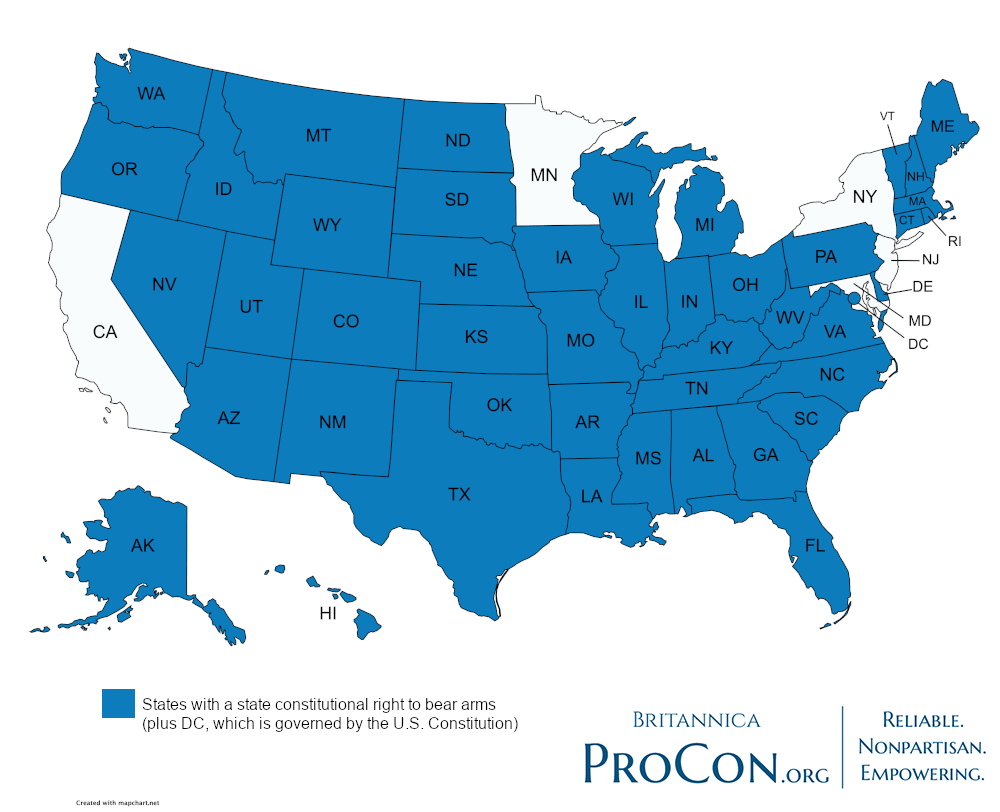- Banned
- #1
When you turn to federal courts to protect your liberty from state actions, you’re playing a game of Russian roulette with five bullets loaded into your six-shooter.
But hey- what does the constitution mean anyway?
It's all good- until

But hey- what does the constitution mean anyway?
It's all good- until

